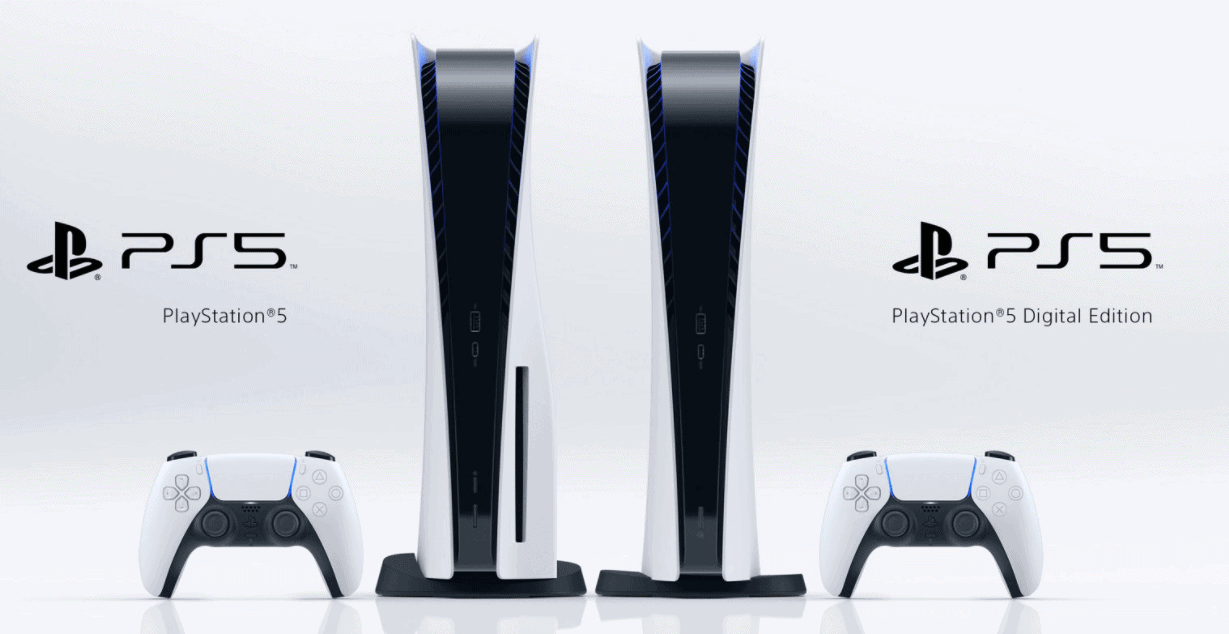If you like to play games, you may have access to a wide range of devices to do so: from smartphones and game consoles to PCs, tablets, and handhelds designed specifically for games.
The landscape has changed significantly in regards to how you obtain and play games. In the past, all you could do was buy physical copies of games, usually on cassettes, floppy discs, CDs, memory cards, and Blu-Ray discs, that you had to insert and then play. Nowadays, much of the market has moved on to digital purchases, and these offer a number of advantages on first glance.
With Sony releasing the Playstation 5 in two versions, a $399 version without optical drive and a $499 version with an optical drive, and other console makers offering digital versions of games and physical copies, some may be tempted to buy the cheaper version and go all-in on digital games.

Digital purchases become available instantly, and while that means downloading the entire game to the device, it eliminates the need to find a place to purchase the game, insert the disc or memory card, and start the installation this way. Game streaming will rise in popularity as well, and that eliminates the need to install games. Sometimes, gamers who purchase digital may play games before gamers who purchase digital copies got them, and if you want to play a game right at the moment, e.g. with your friends, buying digital is often the only option to do so.
Sales are more common when it comes to digital games as well, as manufacturers and game companies have better control over the pricing and can adjust the price of games quickly.
There are downsides to digital games, and these weight heavily in my opinion. The biggest drawback in my opinion is that digital games are linked to a specific account, and that selling them is only possible if you sell the entire account. Physical copies of games can be sold individually on the other hand.
My daughter has a good collection of Nintendo Switch games that were bought over the years. If she wanted to sell one, say Animal Crossing: New Horizons, she could do so as I made sure that we purchase physical game copies only. She'd have to sell the entire Nintendo account if the purchase would have been digital. Most companies prohibit customers from selling their accounts.
Collectors may also prefer physical copies. While the days of Big Box PC releases are gone, some prefer displaying their game collections neatly in their homes or game rooms, and that is not possible at all with digital game copies. There are still deluxe or collectors editions out there, and these usually come with all sorts of extras such as a manual, maps, figures, or extra discs with soundtracks.
Paying $100 less for the disc-less Sony Playstation 5 may be enticing as the money can be spend on another game or peripherals such as a second controller. I advise against this if money is not an issue because of the flexibility when it comes to reselling physical copies of games.
It is definitely the better option when it comes to Nintendo Switch games, especially first-party titles, as these don't lose much in value usually.
To sum it up: digital games make a gamer's life more comfortable but due to the way licensing works, you don't really own the game in the same way that you own a physical copy of a game.
Now You: are you a gamer? Do you buy physical or digital predominantly?
Thank you for being a Ghacks reader. The post Why you should not buy digital games if physical copies are also available appeared first on gHacks Technology News.
https://ift.tt/35IRPBH
from gHacks Technology News https://ift.tt/2RFMD9j


No comments:
Post a Comment